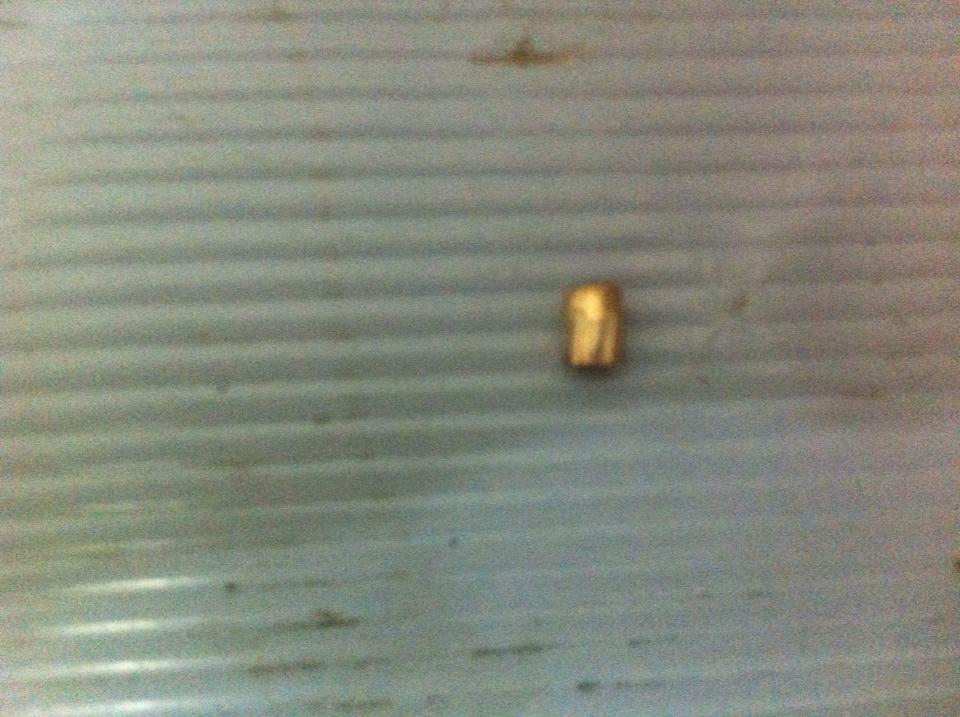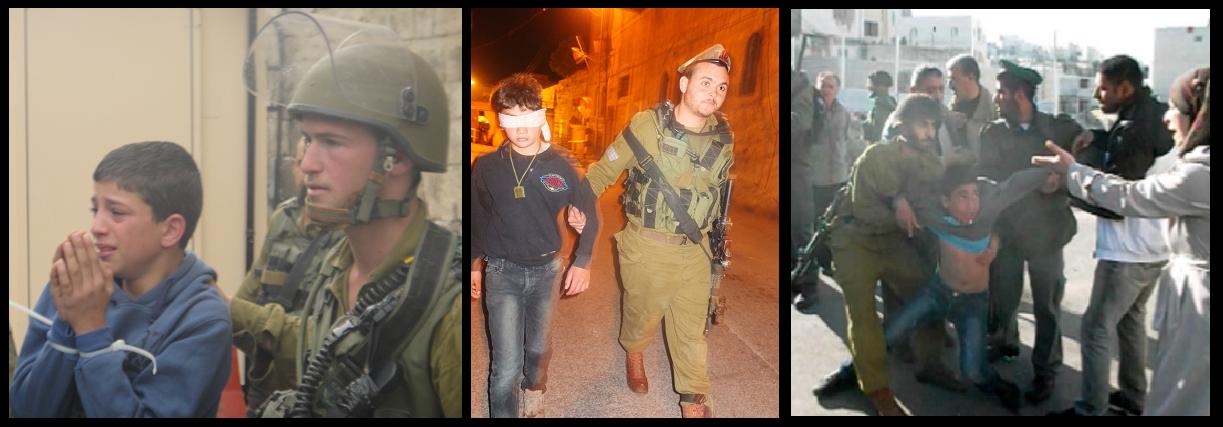Tag: Settler harassment
-

Live ammunition shot at Youth Against Settlement house in Hebron
26th July 2013 | International Solidarity Movement, Khalil Team | Hebron, Occupied Palestine Last night at 10 pm, a live ammunition bullet was fired at the headquarters of the human rights organisation Youth Against Settlements (YAS) in Hebron. The spokesperson for YAS, Damer Atash, explains that a group of activists were sitting in front of…
-
Three teenagers arrested in Azzun in one week
23th July 2013 | International Solidarity Movement, Nablus Team | Azzun, Occupied Palestine Israeli forces continue their strike on the village of Azzun. Last week alone, three teenagers were arrested and one was handed a paper to go to the Israeli DCO (District Coordination Office). On Thursday 18th July, two young men, Yahya Ali Adwan…
-
Jabari family once again facing harassment from settlers and soldiers
22nd July 2013 | International Solidarity Movement, Khalil Team | Hebron, Occupied Palestine On Saturday the 20th, whilst taking his sheep out to graze on his land, 56 year old Abd Al-Karim Ibrahim Al-Jabari was stopped and harassed by settlers and soldiers before being taken for questioning to the police station in Givat Ha’avot, an…
-
Video – Wave of child arrests intensifies in Hebron
21th July 2013 | International Solidarity Movement, Khalil Team | Hebron, Occupied Palestine On the evening of Sunday, July 14, in the old city of Hebron two Palestinian children named Mohammed and Ahmed, both aged 13 years old, were arrested. Though joining a wave of child arrests in Hebron during the last weeks, the arrests…
-
In spite of Ramadan, weekly settlers’ ‘tour’ invades Hebron once again
16th July 2013 | International Solidarity Movement, Khalil Team | Hebron, Occupied Palestine On Saturday the 13th of July about forty settlers on a settler ‘tour’ once again strolled through the Old City of Al Khalil (Hebron). Today they were joined by almost as many soldiers from the Israeli army, Israeli Border Police and Israeli…

